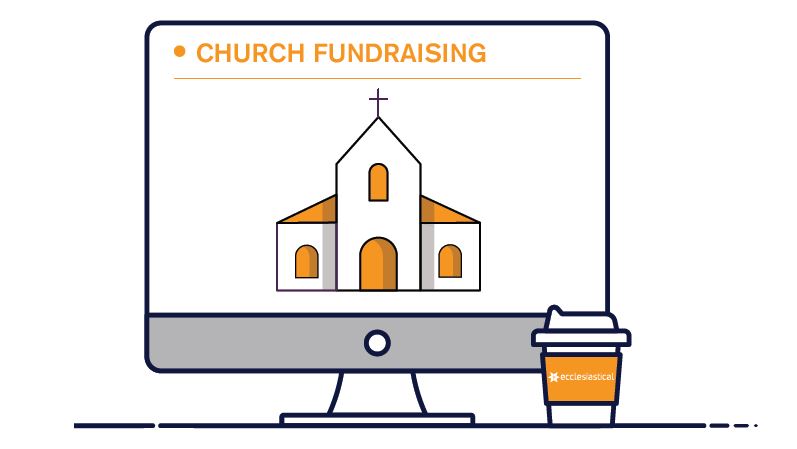List of grant funders for churches
A collated list of the top funders that support churches and are currently offering grants.
Regardless of which funder or donor you approach, you will need to have a clear and compelling case for support. This will act as a foundation for all your fundraising and is key to achieving successful applications.

Your grant application will need to be persuasive and show how this financial support will make a difference, to help give your application the best chance of success.
It is important to create a narrative about your church and its work that inspires potential donors. This should also provide detailed information about the specific projects that need funding.
Your case for support will form the backbone of your approaches to all major donors, funding bodies, and the local community, so it is well worth investing time and resources to get it right. It should draw on the voices of key people in your church and be a live document that is regularly updated.
As a simple guide, you can position your case for support around three basic questions:
These questions can be used to create a quick and punchy fundraising message on your donation forms, newsletters, fundraising posters, crowdfunding pages. They will also provide the background when you write your detailed case for support.
The Institute of Fundraising has developed a five-minute film that outlines a successful case for support. Remember that your case for support should include why funders should support your church, who benefits from your work and what difference a donation or grant would make.

This guidance is provided for information purposes and is general and educational in nature. Nothing constitutes legal advice. You are free to choose whether or not to use it and it should not be considered a substitute for seeking professional legal help in specific circumstances. Where links are provided to third-party sites and resources, these links are provided for your information only. Ecclesiastical is not responsible for the contents of those sites or resources.
